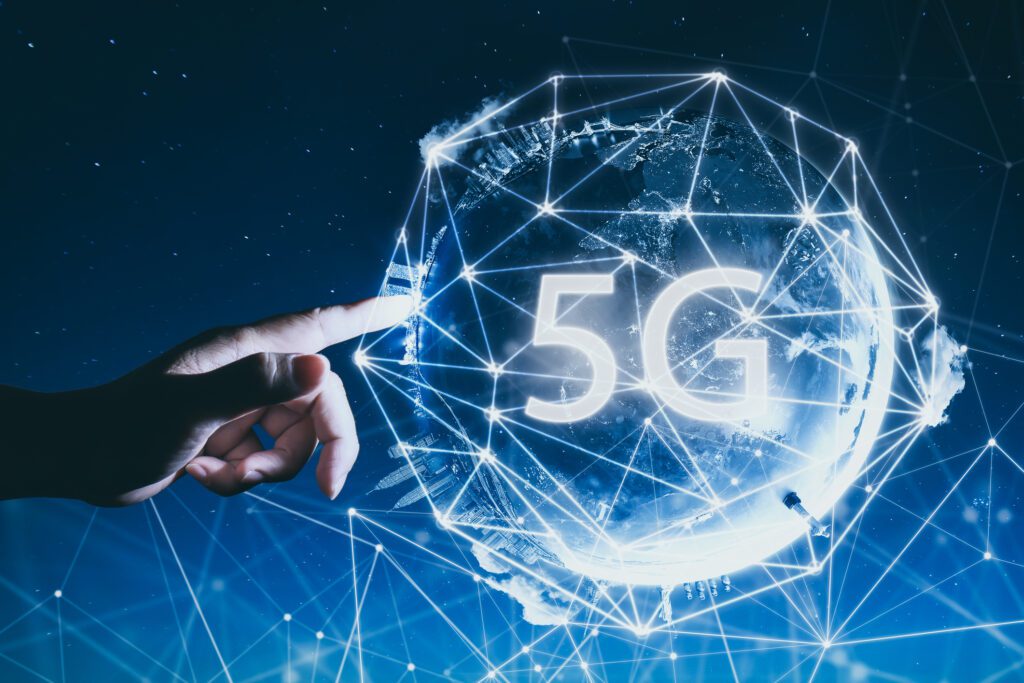The introduction of 5G technology promises faster speeds, lower latency, and increased connectivity, revolutionizing communication and connectivity. With speeds up to 100 times faster than 4G LTE, 5G enables quick downloads and smooth internet browsing. Enhanced connectivity allows for more devices to be connected simultaneously, benefiting industries like healthcare and entertainment. Despite concerns about the impact of 5G radiation on human health and the significant investment required for infrastructure deployment, 5G technology offers numerous benefits for individuals and businesses. Overall, 5G technology is expected to positively transform the way we interact with the world around us.
Examining the Impact of 5G Technology on Communication and Connectivity
Introduction
In recent years, advancements in technology have revolutionized the way we communicate and stay connected with one another. One of the most significant developments in this field is the introduction of 5G technology. 5G, the fifth generation of wireless technology, promises faster speeds, lower latency, and increased connectivity, which can potentially transform the way we interact with the world around us. In this article, we will explore the impact of 5G technology on communication and connectivity.
Speed and Efficiency
One of the most notable benefits of 5G technology is its impressive speed and efficiency. With speeds up to 100 times faster than 4G LTE, 5G enables users to download and upload data at lightning-fast speeds. This means that streaming videos, downloading large files, and browsing the internet will become much quicker and smoother experiences for users. Additionally, the low latency of 5G technology ensures that there is minimal delay between sending and receiving data, making real-time communication and online gaming more responsive and immersive.
Enhanced Connectivity
5G technology is set to significantly enhance connectivity by connecting more devices and enabling seamless communication between them. The increased capacity of 5G networks allows for more devices to be connected simultaneously, paving the way for the Internet of Things (IoT) to flourish. This means that smart homes, autonomous vehicles, and other IoT applications can operate more efficiently and reliably with 5G technology. Furthermore, the improved connectivity of 5G networks can bring rural and underserved areas online, bridging the digital divide and providing access to essential services for all.
Impact on Industries
The impact of 5G technology extends beyond individual users and has the potential to transform entire industries. From healthcare and transportation to manufacturing and entertainment, 5G technology can revolutionize the way businesses operate and deliver services. For example, in the healthcare sector, remote monitoring and telehealth services powered by 5G technology can provide patients with access to healthcare professionals anytime, anywhere. In the entertainment industry, virtual and augmented reality experiences can become more immersive and interactive with the high speeds and low latency of 5G networks.
Challenges and Concerns
While 5G technology offers numerous benefits, there are also challenges and concerns that need to be addressed. One of the main concerns is the potential impact of 5G radiation on human health. Some studies have suggested that prolonged exposure to electromagnetic radiation from 5G networks may have adverse effects on human health, although further research is needed to determine the long-term implications. Additionally, the deployment of 5G infrastructure requires significant investment and coordination among telecom companies, governments, and regulatory bodies, which can be a barrier to widespread adoption.
Conclusion
In conclusion, 5G technology has the potential to revolutionize communication and connectivity by offering faster speeds, lower latency, and increased connectivity. This technology can benefit individuals, businesses, and industries by enabling seamless communication, enhancing connectivity, and driving innovation. While there are challenges and concerns associated with 5G technology, the overall impact is expected to be positive, transforming the way we interact with the world around us.
